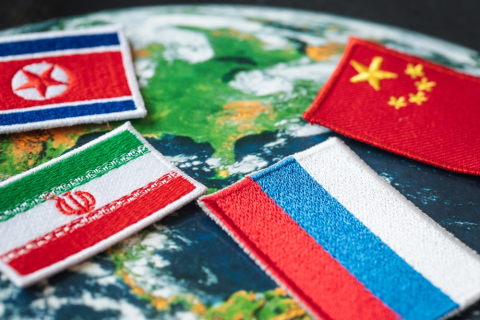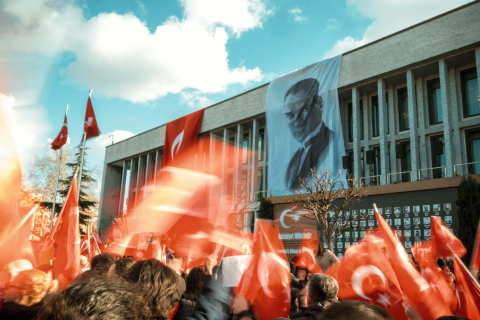3275 publications
Will We Drive Electric on Asian Batteries?
The development of the electric car market, supported by public funding, needs to be monitored closely. Currently, except for Renault benefiting from its electric partnership with Nissan, batteries for electric vehicles will most likely be outsourced. A lot of joint ventures are being signed with Asian battery companies and automotive suppliers. As a consequence, some argue that there is no rational to develop further and fund the European battery industry: batteries are already made more cheaply elsewhere.
The Evolving Architecture of Space and Security
Today, Europe is taking initiatives both to prevent space weaponization and to develop space militarization. While national States remain the central players in this regard, the intergovernmental European Space Agency is increasingly involved in security-related activities and the European Union is showing growing political ambitions in this area.
Russia's Earth Observation Activities: Overview and Prospects for Expanded Cooperation with Europe
European Defence Economy Afflicted by the Crisis
The European defence sector generates €86 billion annually - and that is only taking into account the 2009 turnover of the European defence industry for the three areas - aeronautics, land forces and naval forces.
Syria: Russia's Best Asset in the Middle East
Russia's foreign policy towards Syria and the Greater Middle East is generally not aggressive. It is a defensive policy aimed mainly at developing its traditional political and economic interests in the region and protecting its Southern borders.
2020 And Beyond: 2050 in light of the Copenhagen Accord
At the end of the Copenhagen Conference of December 2009, the attending parties failed to agree on a legally binding commitment, but ultimately signed the Copenhagen Accord. The countries signing this accord took different engagements in respect to their economic and emissions status.







